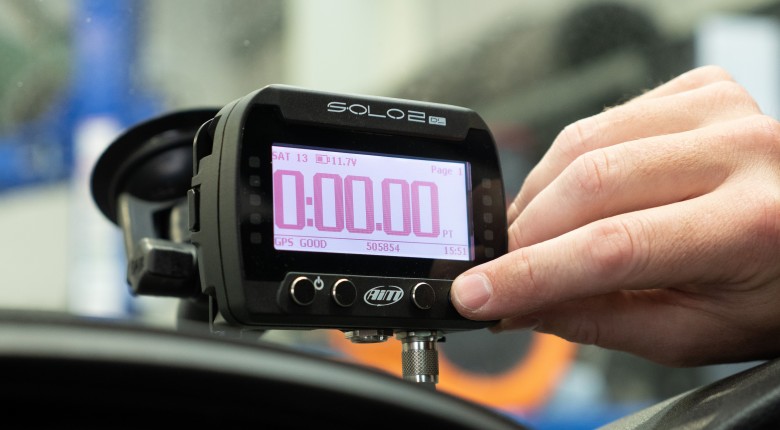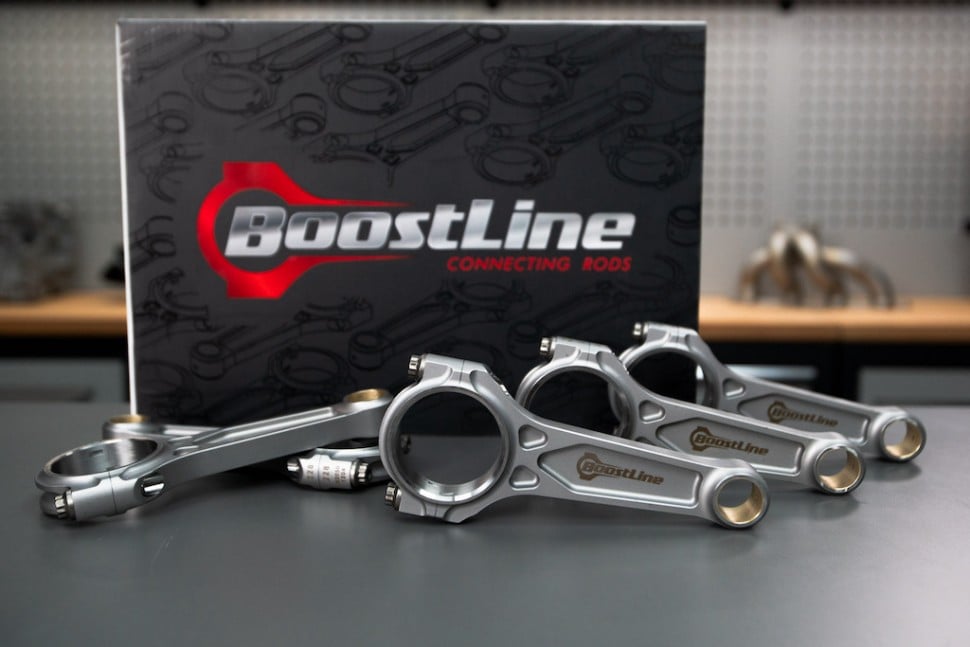Data logging can seem daunting, but ultimately for limited costs and inputs, it can help make you much, much faster on track than many realise.
It's generally assumed that you need to be a Race Engineer or have access to a team of them to make the most of data, but as Roger from AiM Sportline highlights, that just simply isn't the case. With a few main inputs, specifically speed, lateral and longitudinal g-forces, and your GPS position on track, it's possible to see where on track, or even map one out, you're fastest and slowest, as well as calculating your lap times.
What channels should be added from there is covered, along with the fact that many modern vehicles have these sensors as OEM standard, just waiting for you to tap into them.
With a unit like the AiM Sportline Solo2, a standalone data logging device, you can use this data to work out split times around the track, set reference laps and in realtime see where you are by comparison to that reference or your lap times throughout the day.
Roger also explains how the inaccuracies of GPS/GLONASS about positional data are not a major setback these days, both about the number of satellites in the sky and the accuracy of relative data.
If this video looks familiar to you that is because it is from RaceCraft, a company we merged into HPA back in 2020 and the content is too good to not post up on this channel 😎
------------------------------------
TIME STAMPS:
0:00 - Why We Collect Data
0:22 - Roger - AiM Sportline
0:31 - Not Just For Professional Motorsport
1:06 - GPS Based Logging
1:43 - Vehicle Speed
2:09 - G-Forces
3:05 - How To Collect Data Easily?
4:00 - GPS Accuracy
5:01 - Locational Dependant
5:40 - Track Mapping
6:29 - Reference Lap [IMPORTANT!]
7:35 - Predictive Lap Times
8:25 - Comparative Data Crunching
9:15 - Advanced Sensor Options
11:00 - Costs
11:35 - Advanced Sensor Options Continued
12:23 - Start With The Basics
13:02 - Free Lessons Below







Comments
No one has commented on this page yet.